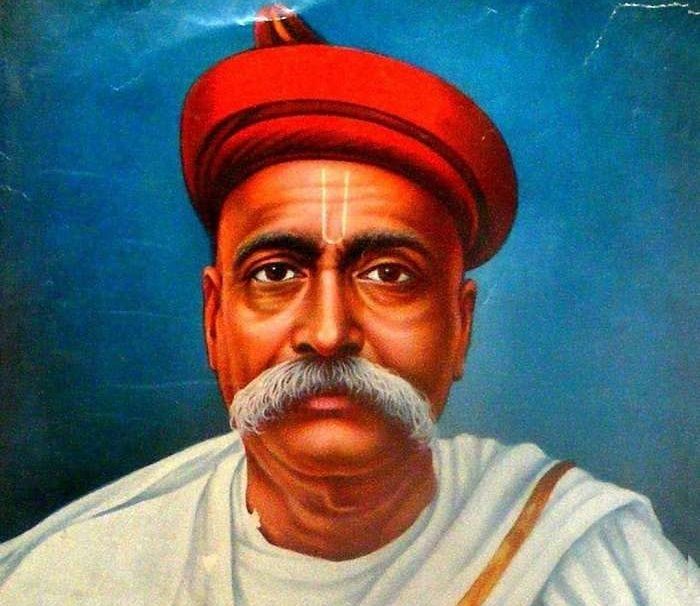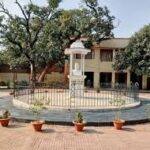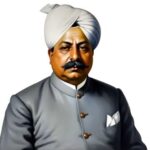Bal Gangadhar Tilak: 10 Inspiring Facts About the Father of Indian Nationalism
Introduction
Bal Gangadhar Tilak, often referred to as the “Father of Indian Nationalism,” was a prominent leader in India’s struggle for independence. His unwavering spirit, powerful speeches, and contributions to the freedom movement left an indelible mark on the nation. Known for his famous slogan “Swaraj is my birthright, and I shall have it!”, Tilak inspired millions to join the fight against British rule. This article explores his biography, impact on daily life, historical significance, and why he remains an important figure in Indian history.
Biography of Bal Gangadhar Tilak
Born on July 23, 1856, in Ratnagiri, Maharashtra, Tilak was an extraordinary scholar and freedom fighter. He completed his education in law and went on to become a teacher and journalist. His writings in newspapers like Kesari and The Maratha played a crucial role in awakening national consciousness.
Key Milestones in His Life:
- Early Life: A bright student with a passion for education and social reform.
- Political Activism: Advocated for Swaraj (self-rule) and fought against colonial oppression.
- Imprisonment: Jailed multiple times by the British for his revolutionary activities.
- Role in Indian National Congress: A key leader who pushed for self-rule.
Tilak’s Role in the Non-Cooperation Movement
Tilak was a strong advocate of passive resistance and Swadeshi movements. He laid the groundwork for the Non-Cooperation Movement initiated later by Mahatma Gandhi. Tilak’s emphasis on education and economic independence resonated with the masses.
Significance of Bal Gangadhar Tilak
Tilak’s contributions have had a lasting impact on India’s freedom struggle and society:
- Awakening Nationalism: His speeches and writings inspired the youth to participate in the freedom struggle.
- Promotion of Swadeshi Movement: Encouraged the use of Indian-made goods.
- Cultural Revival: Revived Ganesh Chaturthi and Shivaji festivals to unite people against British rule.
- Educational Contributions: Established institutions to promote self-reliance and knowledge.
Observance of His Contributions
Bal Gangadhar Tilak’s legacy is honored in various ways:
- Annual Celebrations: His birth and death anniversaries are observed with events across India.
- Statues and Memorials: Installed in several cities to inspire future generations.
- Educational Programs: Schools and universities teach about his life and contributions.
Facts About Bal Gangadhar Tilak
- Title of ‘Lokmanya’: Given to him by the people as a mark of respect.
- Newspaper Influence: His publications fueled nationalist sentiments.
- Pioneer of Swaraj: First leader to demand complete self-rule.
- Imprisonment in Mandalay: Spent six years in Burma for sedition charges.
- Advocate of Swadeshi: Promoted indigenous industries to weaken British rule.
- Ganesh Chaturthi Revival: Used festivals as a platform to unite people.
- Legal Expertise: A lawyer who used his skills to fight colonial injustice.
- Formation of Home Rule League: Worked towards India’s self-governance.
- Books Written: Authored Gita Rahasya, interpreting the Bhagavad Gita.
- Enduring Legacy: Continues to inspire political and social movements in India.
Daily Life Impact of Tilak’s Ideals
Tilak’s teachings continue to influence modern India. His call for self-reliance and national pride resonates in the current movement of ‘Make in India’ and initiatives for self-sustainability.
Wishing on Bal Gangadhar Tilak’s Birth Anniversary
Celebrate his legacy by sharing thoughtful wishes:
- “Remembering the great patriot Bal Gangadhar Tilak on his birth anniversary.”
- “Inspired by Tilak’s words—’Swaraj is my birthright’—let’s contribute to our nation.”
- “Honoring the contributions of Lokmanya Tilak, a true hero of India’s independence.”
FAQs About Bal Gangadhar Tilak
Q: Why is Bal Gangadhar Tilak called ‘Lokmanya’?
A: The title was given by the public as a symbol of their love and respect for his leadership.
Q: What were Tilak’s main contributions to the independence movement?
A: He promoted Swaraj, Swadeshi, and cultural nationalism through festivals and publications.
Q: How did Tilak influence the Non-Cooperation Movement?
A: His ideas of passive resistance and boycott laid the foundation for Gandhi’s movement.
Q: Where is Tilak’s birthplace?
A: He was born in Ratnagiri, Maharashtra.
Important Points to Remember
- Tilak played a vital role in India’s freedom movement.
- He inspired national pride through his words and actions.
- His contributions to education and self-rule remain relevant today.
- He believed in the power of unity through culture and festivals.
Importance of Bal Gangadhar Tilak to Society
Tilak’s legacy encourages self-reliance, patriotism, and social unity. His emphasis on education, economic independence, and cultural pride continues to shape India’s development.
Conclusion
Bal Gangadhar Tilak was a fearless leader and a beacon of hope for India’s independence struggle. His call for self-rule and his efforts to awaken national consciousness continue to inspire generations. Let us honor his memory by embracing his values of perseverance, nationalism, and unity.
Let’s remember the legacy of Bal Gangadhar Tilak and strive to build a stronger, self-reliant India!










